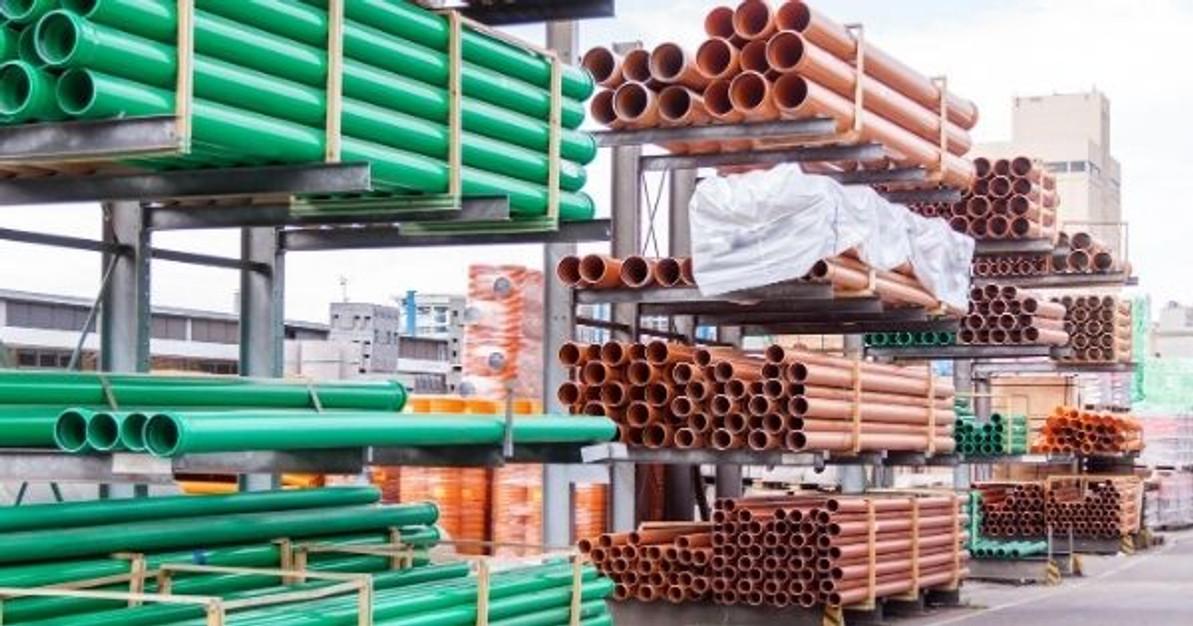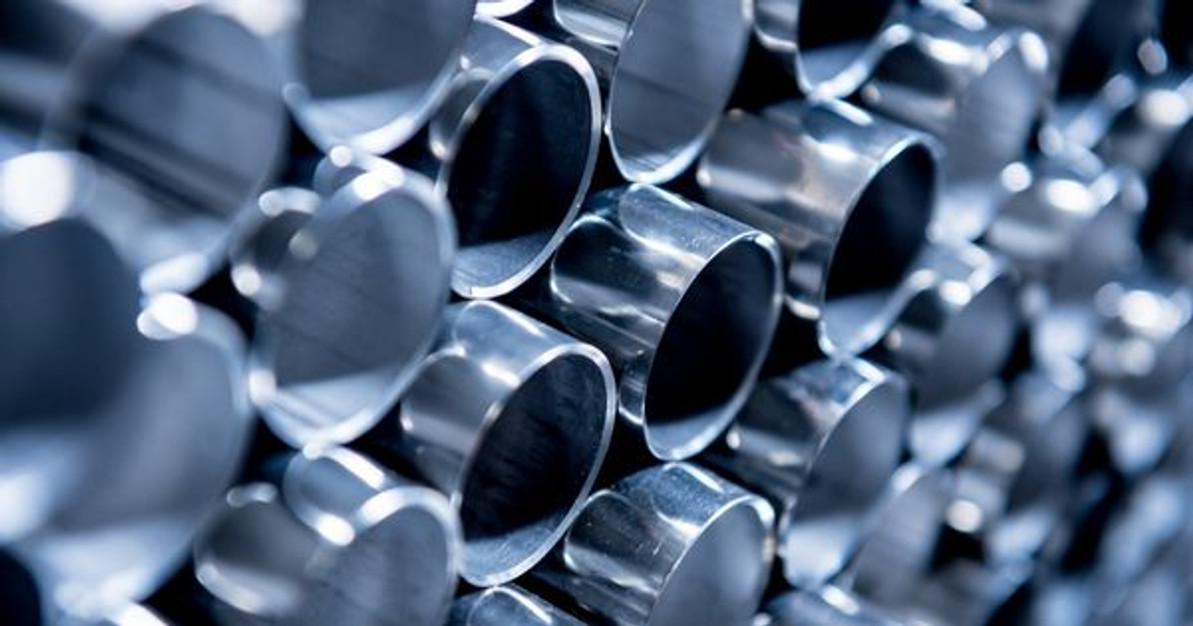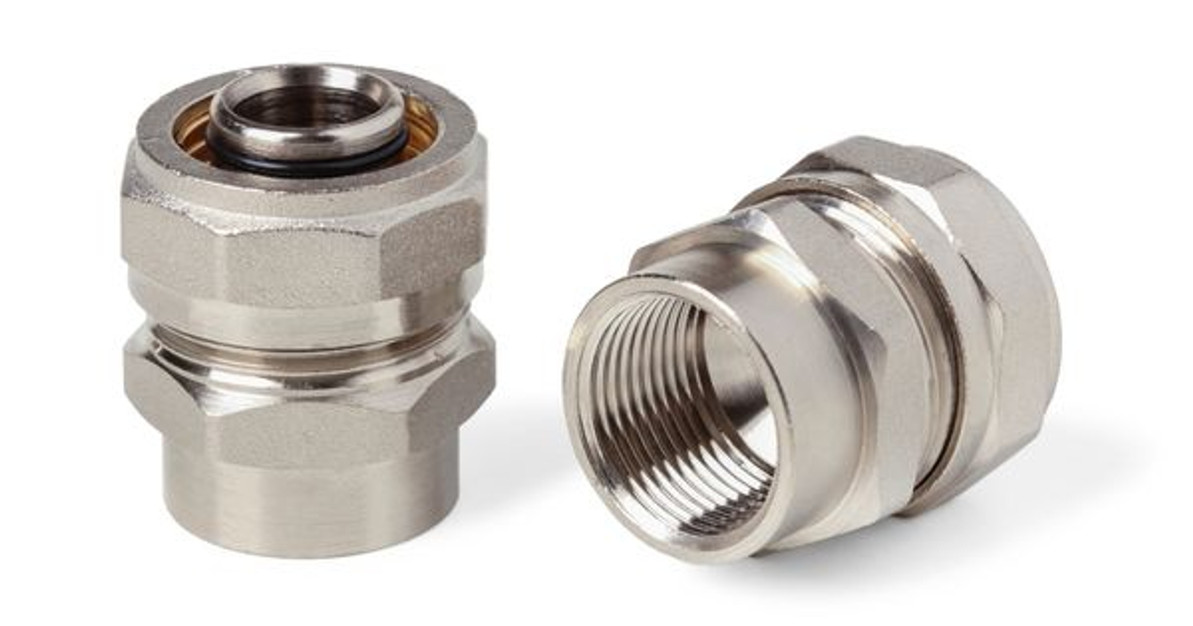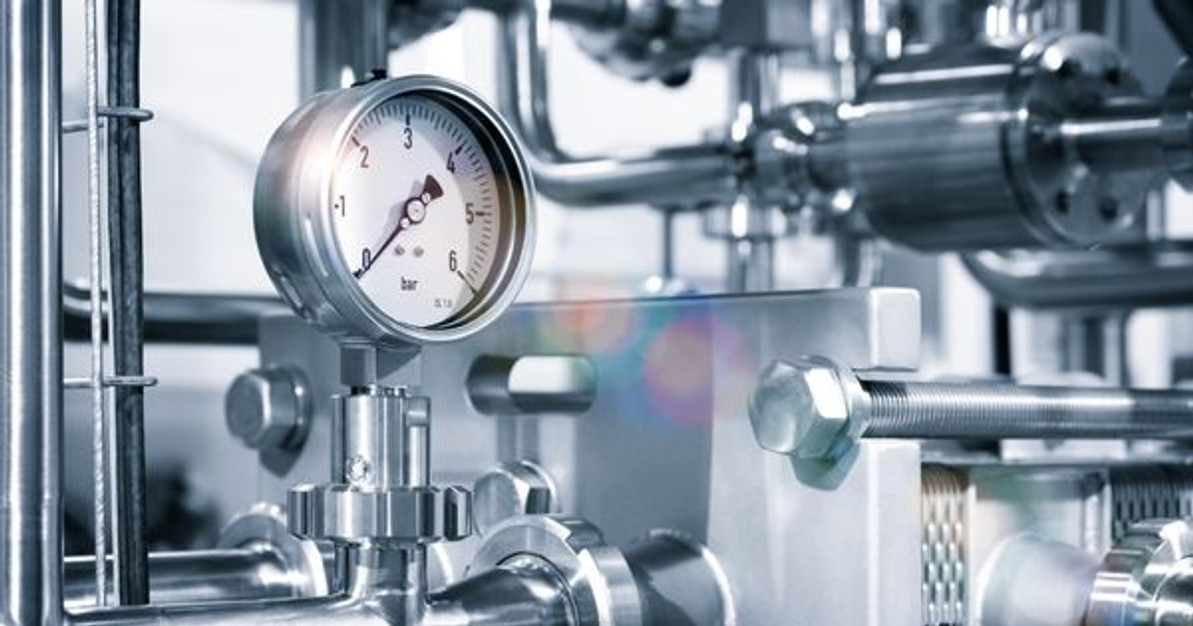 Aug 25th 2020
Aug 25th 2020 How Dissimilar Pipe Materials Lead to Corrosion
Every company—regardless of its industry—wants their equipment to last as long as possible. That said, some industries are susceptible to damaged equipment, especially those with metal piping throughout their plant. You can find piping infrastructures in industries like food processing plants and various forms of manufacturing facilities. Corrosion is the main cause of pipe failure, leaks, repairs, and replacement. Pipe corrosion can be chalked up to a number of causes, but there’s one common culprit we see all the time. Companies use different pipe materials throughout their piping infrastructure, which often leads to corrosion. If you’re wondering how dissimilar pipe materials lead to corrosion, our experts have you covered in the following guide.
Different Materials Cause an Electrochemical Response
Metal corrosion is formally called galvanic corrosion. In order for galvanic corrosion to occur, two different metals must come in contact with an electrolyte such as water or salt. Once the electrolyte passes through the piping from a basic metal to a noble metal, the basic metal is the weaker of the two and begins to corrode.
Galvanic corrosion leads to rusting and ultimately breaking pipes and fittings; this is true even if you had copper pipes (a noble metal) and added a carbon steel fitting (a base metal). The electrolyte would certainly eat away at the fitting, resulting in rust, leaks, and possibly contaminating the pipe’s flow.
How You Can Prevent Corrosion
Corrosion leads to several problems and ultimately forces companies to stop production temporarily and replace the corroded pipes, both of which cost money. So how you can prevent pipe corrosion in the first place? Simple—ensure that any pipes (and fittings) that touch are made of the same materials. If you have different sections in your facility that require different pipe materials, that’s fine as long as the two different materials don’t cross paths. Food and beverage facilities, for example, would need sanitary tubing to avoid contamination. If that sounds like your facility, then you could significantly benefit from sanitary stainless steel products.
You know how dissimilar pipe materials lead to corrosion, but the most challenging aspect of choosing piping for any industry is finding the right supplier. There are so many companies out there that offer similar products, how could you possibly know which one to choose? The answer is simple.
Any company could make stainless steel valves, pumps, or tubes, but no one does it better than Chemseal Inc. We have a proven 19-year track record with thousands of satisfied customers. How do we do it? Through passion. Our team loves what we do, and we take pride in supporting other businesses with our high-quality stainless steel products. Check out our inventory in our online shop today or contact us with any questions. We look forward to working with you.
 Aug 25th 2020
Aug 25th 2020 Recent Posts
-
Nov 7th 2022
What Is Food-Grade Stainless Steel Tubing?
Businesses that produce food and beverage products must operate hygienically. Sterile environments a …Nov 7th 2022
-
Oct 11th 2022
Why Sanitary Fittings Are Important for the Medical Industry
Sanitary fittings are useful for many industries. Food and beverage manufacturers have used these to …Oct 11th 2022
-
Sep 23rd 2022
What Is the Max Operating Temperature for Stainless Steel?
Stainless steel is valued in many industrial applications because it’s capable of withstanding high …Sep 23rd 2022




